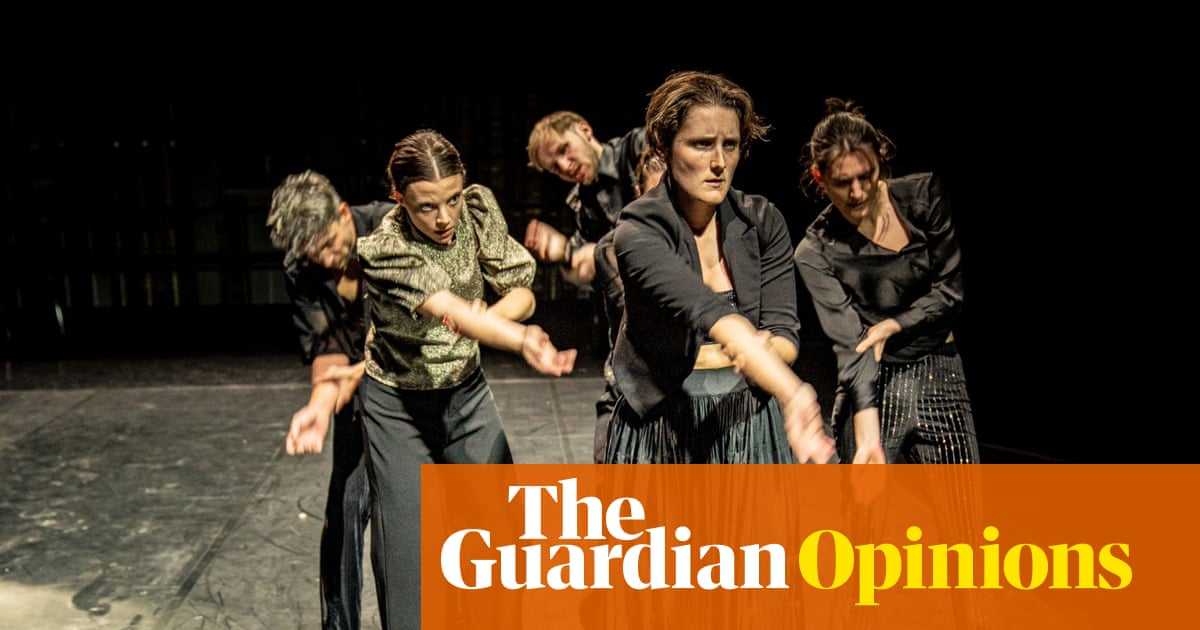
In recent years, the inclusion of women in cultural criticism has gained momentum, particularly in countries like Germany and Britain. While this representation is a sign of progress, it comes with an unsettling increase in aggression and challenges directed at female critics. Is this progress being overshadowed by persistent hurdles?
The Shocking Incident That Rocked the Cultural World
One particular incident that highlights this troubling scenario involves German choreographer Marco Goecke. In February 2023, Goecke confronted Wiebke Hüster, a female dance critic for the Frankfurter Allgemeine Zeitung (FAZ), during an opera interval. Shockingly, he smeared dog excrement on Hüster’s face in retaliation for her negative review of his show, In the Dutch Mountains. This disturbing act sparked widespread outrage, with critics worldwide condemning it as an attack on freedom of expression and basic human dignity.
While Goecke faced swift consequences—losing his role as the artistic director and being ostracized from prominent cultural spaces—his dismissal was not permanent. Surprisingly, by 2024, Goecke was hired as ballet director for Theater Basel’s 2025–26 season. This development raises serious questions about the cultural sector’s tolerance for such behavior, particularly when it targets women.
Challenges Facing Female Critics
Wiebke Hüster is not alone in navigating such hostility. The plight of female critics often involves gendered aggression that many male counterparts do not face. Hüster’s experience points to a broader pattern of gendered double standards within the arts. Critics suggest that women are expected to be more balanced or less combative in their reviews. The result? Female critics are disproportionately subjected to online abuse, personal attacks, and professional scrutiny.
Although statistics show an increase in female representation across cultural criticism fields, the numbers remain discouragingly low when dissected further. A Women in Theatre research project revealed in 2019 that only 10% of drama reviewers in the UK were women. Subsequent reports in 2021 and 2023 confirmed this trend, signifying how far the industry is from true gender parity.
The Evolution of Criticism and Misogyny
There is no denying that cultural criticism has shifted over the years. What was once described as a male-dominated “macho sport” now sees more female voices. However, physical confrontations have been replaced by the aggressive realm of social media, a space where women often bear the brunt of public pile-ons and gendered trolling.
Though some have critiqued Hüster’s review as overly scathing, such reactions beg the question: Would a male critic face the same backlash for similar language? Arguably, the expectations placed on women in the field further reflect engrained stereotypes.
Empowering Female Critics
Despite these challenges, critics like Hüster remain resolute. Hüster herself reiterates the importance of maintaining her professional boundaries, refusing to change her standards or approach in light of these incidents. This resilience serves as inspiration for others in the field.
To support female critics in their profession, advocating for safer work environments, equal representation, and amplifying their voices is essential. Tackling implicit biases and openly discussing gender dynamics can also pave the way for more equitable practices within the industry.
Must-Have Support for Critics in Stressful Roles
For female critics navigating the complexities of public scrutiny and professional aggression, solutions focused on mental wellness are key. Products such as Kiehl’s Midnight Recovery Concentrate, a nighttime oil to rejuvenate skin during stressful times, can become a small but mighty part of self-care. Critics deserve to feel confident and ready to face whatever the industry might throw at them.
Ultimately, the position of women in cultural criticism remains precarious. While progress has been made, it is critical to address the systemic issues that undermine equity in this impactful field. Ensuring that female critics are respected and supported is vital for fostering inclusive cultural conversations.





